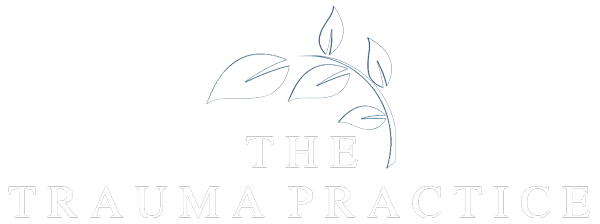
What is the difference between counselling and psychotherapy is an important question if you are thinking of embarking on some therapy? Accepting that you need help can be a difficult step to take. Once you have made the decision to get help it is beneficial to make sure that you get the right help. There is cross over between counselling and psychotherapy as well as some unique differences. This article will enable you to make an informed decision on which type of therapy is right for you. Every therapist has a different style and level of training so this article is just a guide.
The Difficulties a counsellor or psychotherapist might help with
A counsellor is more likely to help with a specific difficulty, current problem or surface issue. An example might include a bereavement or a difficulty that is not necessarily rooted in the past. A psychotherapist is more likely to help with more deep-rooted difficulties that affects a client’s life. Examples might include child abuse or trauma. A psychotherapist or counsellor however might help with either type of issue. A psychotherapist might help a client with psychological difficulties in life caused by internal difficulties whereas a counsellor might help a client with a problem triggered by external circumstances.

How long does counselling and psychotherapy last?
Counselling is likely to last a number of weeks or months. Psychotherapy is likely to be open ended and last a number of months or years. This is because counselling might help to address a current difficulty whereas psychotherapy might address difficulties rooted in the past. Psychotherapy is more in depth and facilitates long term changes, a reconstruction of personality or psyche areas. Counselling helps support existing personality structures. If you imagine the analogy of a house being the therapy. Counselling might involve a lick of paint and some new furniture. Psychotherapy might include an extension, loft conversion and basement.

Techniques
Both psychotherapists and counsellors, use counselling techniques. Examples might include active listening skills, showing empathy and paraphrasing, reflecting, questioning elaboration clarifying. A psychotherapist however is likely to have a more elaborate array techniques to assist their client. Examples might include working with the nervous system, neural networks or the unconscious. Techniques might include, play therapy, EMDR or visualisation.

Training
Every school of training is different offering its own unique training qualification varying in quality and length. There is often cross over regarding theory, practical application of therapy and placement experience. Both may or may not contain a personal development process. This means that the trainee has seen a therapist themselves to work through some of their own difficulties. A psychotherapist might have seen clients over an extended period of time in order to gain their qualification. They may have also had to complete a psychiatric placement also. Both counsellors and psychotherapists might also have an area of speciality or training they have undergone to assist with specific difficulties by using a specific approach.
All the information in this article is a rough guide only and does not necessarily represent the reality of what a specific counsellor or psychotherapist does in reality. It is important to do your own research on the therapist that you are going to see.
Counselling & Psychotherapy Differences
| Counselling | Psychotherapy |
|---|---|
| Works with conscious processes and thoughts | Works with the conscious, subconscious and unconscious processes and thoughts |
| Less in depth training with a possible area of specialism | Extensive training with personal development component and possible psychiatric placement with areas of specialism |
| Might be focused on one particular difficulty which is caused by current circumstances | Focused on a number of difficulties originating from past and present life story |
| Here and now focus | There and then, here and now |
| Helps with more surface type difficulties and current problems | Psychotherapy helps with current and past difficulties which require in depth processing and psyche changes |
| Emphasis on current difficulties | Helps to uncover foundation of difficulties with a reflective emphasis |
| Counselling skills | Specialist techniques as well as counselling skills |
| Counselling is usually a short to mid term process | Psychotherapy is usually a medium to long term process |
